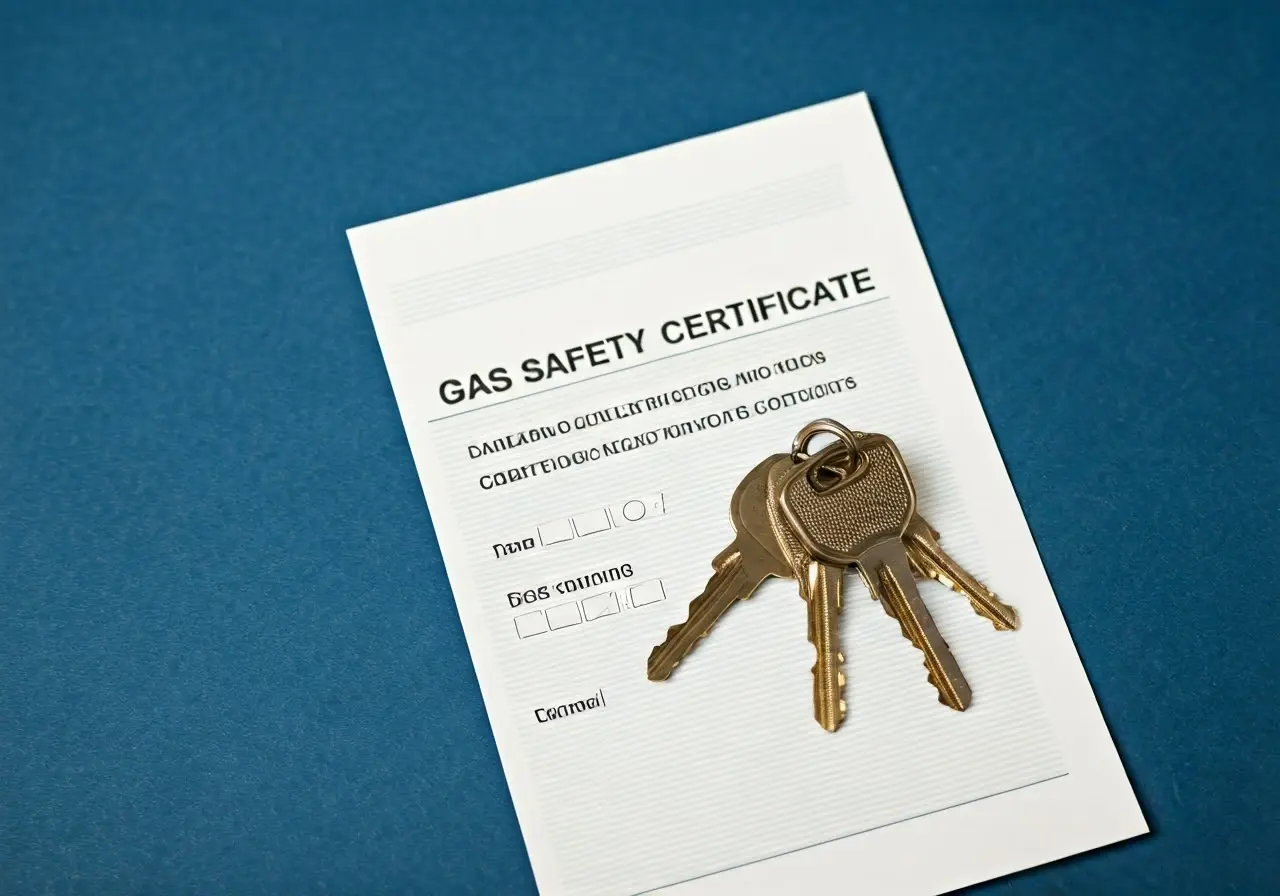Navigating the responsibilities of being a landlord can be tricky, and one key area to focus on is ensuring that your property’s gas installations are safe. A landlord’s gas certificate is not just a legal requirement but also essential for your tenants’ safety. Here are seven important things you should know about acquiring and understanding this crucial document.
1. What is a Landlord Gas Certificate?
A landlord gas certificate, also known as a Gas Safety Record, is a document issued by a qualified gas engineer. It confirms that the gas appliances in your property are safe to use. This certificate is essential as it ensures all gas installations are compliant with safety regulations, providing peace of mind for landlords and tenants alike. Having this document also demonstrates your commitment to maintaining a safe living environment. It’s not merely a piece of paper but a fundamental part of property management that underscores the importance of responsible landlord practices.
2. Legal Obligations for Landlords
Landlords are legally required to ensure their rental properties have a current gas safety certificate. Failing to comply can result in hefty fines or even imprisonment. The Gas Safety (Installation and Use) Regulations 1998 mandate that all gas appliances, fittings, and flues within a rental property must be maintained in a safe condition. This regulatory framework ensures that landlords uphold tenant safety and avoid potential hazards. By adhering to these legal obligations, landlords protect themselves from liability and contribute to the well-being of their tenants, fostering a trustworthy tenant-landlord relationship.
3. Annual Inspections Explained
Gas installations and appliances must be inspected annually by a registered engineer. This yearly check-up ensures everything is functioning safely. During an annual inspection, the engineer will assess gas fittings, check for any leaks, and ensure that ventilation requirements are met. The purpose of these inspections is not only to spot existing issues but also to prevent future problems from arising. Regular inspections support the efficient operation of gas appliances, enhancing their performance and extending their lifespan.
4. Determining the Cost of a Gas Certificate
The cost of obtaining a gas safety certificate varies based on factors like property size and location, but typically ranges between a reasonable fee. Costs can fluctuate due to several elements, such as the number of appliances needing inspection and the complexity of the property’s gas system. Larger properties with multiple gas units may incur higher charges compared to smaller units with minimal appliances. Moreover, the regional variance can also impact pricing, as urban areas may see different cost structures than rural regions. Understanding these factors can help landlords budget accordingly and avoid unexpected expenses.
For instance, if you’re comparing gas safety cert prices, remember to factor in any potential discounts for multiple property assessments. Some service providers offer package deals that encompass various assessments, which can be a cost-effective strategy for landlords managing multiple properties. Such packages can include energy performance certifications or additional gas assessments, ultimately reducing the overall financial burden. Evaluating these options is crucial for landlords seeking thorough and affordable solutions.
5. Selecting the Right Gas Engineer
Ensure your engineer is on the Gas Safe Register. This assures you of their qualifications and ability to perform the checks correctly. The Gas Safe Register is the official list of engineers certified to work on gas appliances, and hiring a registered professional is non-negotiable for safety and compliance reasons.
6. Understanding What Happens During an Inspection
During an inspection, the engineer will check appliances, pipework, and flues for safety. They will note any issues or necessary repairs in the certificate. The inspection is a comprehensive evaluation designed to identify potential gas leaks or faults that could compromise safety. In addition to assessing functionality, the engineer will also verify that all safety devices are working correctly and that each appliance receives adequate ventilation. After the inspection, the engineer will review any findings with the landlord, highlighting areas that need attention or repair. Following through with suggested improvements or maintenance is crucial to maintaining a safe environment.
7. Maintaining Records for Peace of Mind
Keep a record of gas safety checks and certificates for at least two years. Sharing these with tenants whenever a new certificate is issued is also considered best practice. Record-keeping is more than just fulfilling an obligation; it is an integral part of responsible property management. Documentation provides a chronological history of compliance, which can be invaluable in the event of any disputes regarding safety or maintenance. Maintaining accurate records is especially important for landlords with multiple properties, as it aids in tracking compliance across different locations.
Adopting a systematic approach to boiler maintenance and installation can further enhance the safety and efficiency of your property’s gas systems. Regular service checks will not only ensure continued compliance but also help identify potential issues before they escalate, keeping costs manageable and safeguarding tenant well-being.










